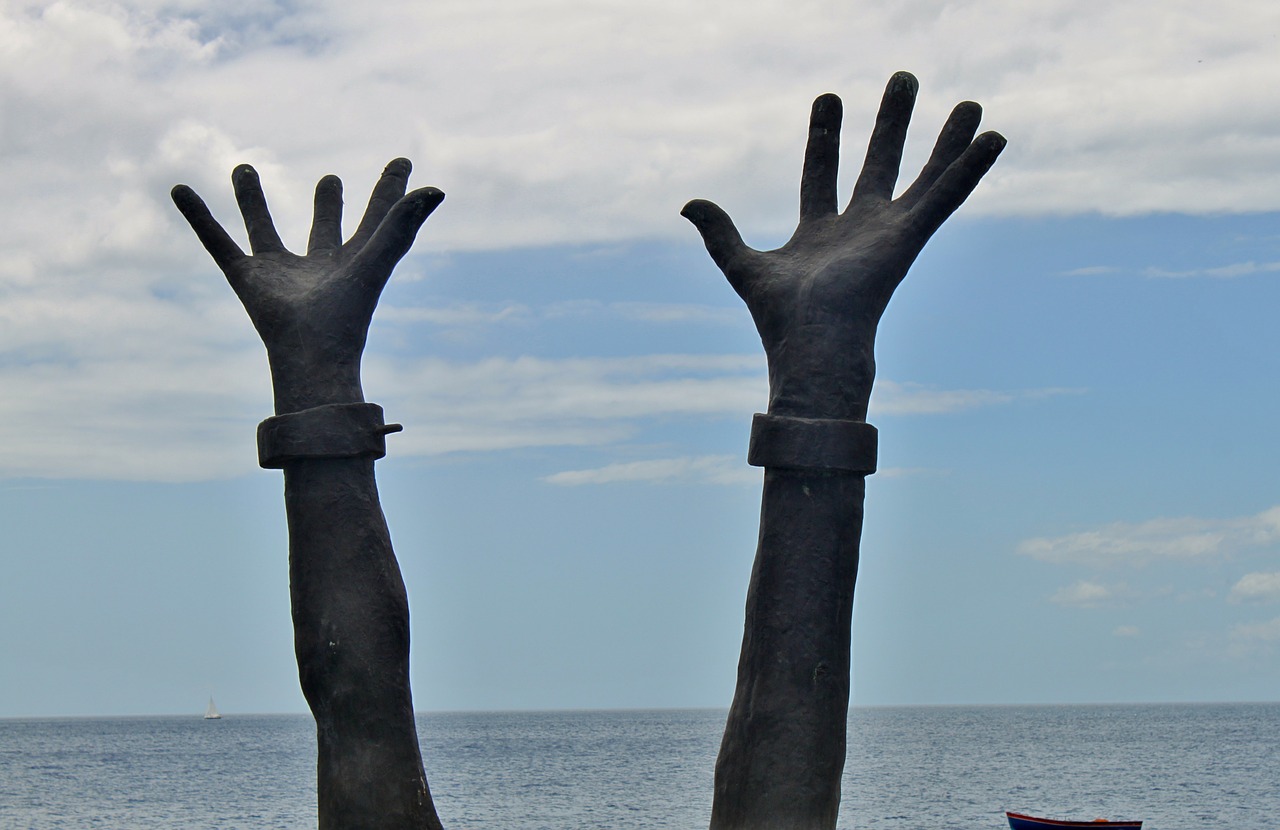
British companies Lloyd's of London and Greene King have apologized for their past connections to the slave trade and vowed to support black and minority ethnic communities.
The world's oldest insurance market, Lloyd's of London, and pub chain Greene King released statements apologizing for their historic ties to slave trade and offered to provide new financial support to black and minority ethnic groups.
British firms and slavery
Historic England, an executive non-departmental public body, stated that between 1640 and 1807, Great Britain enslaved 3.1 million Africans, transporting them to colonies globally.
A University College London database highlighted several companies involved in British slave ownership, including those connected to Lloyds Banking Group, Royal Bank of Scotland and Barclays.
The database revealed that the family of Simon Fraser, a founding subscriber of Lloyd's of London, owned slaves on an estate in what is currently known as Guyana. Lloyd's insured slave ships.
Meanwhile, University College London said Greene King founder Benjamin Greene was compensated by the UK government when he relinquished slaves on his sugar cane plantations in the West Indies.
The amount Greene received would now be worth almost £3.6 million or $4.5 million.
Statements of apology
Lloyd's of London stated: "Lloyd's has a long and rich history dating back over 330 years, but there are some aspects of our history that we are not proud of."
"In particular, we are sorry for the role played by the Lloyd's market in the eighteenth and nineteenth Century slave trade. This was an appalling and shameful period of English history, as well as our own, and we condemn the indefensible wrongdoing that occurred," it added.
The firm claims that it places value on an "inclusive culture" and has pledged several new diversity initiatives, including a program to attract and retain black and minority ethnic workers.
Lloyd's said it will review employee policies and how it presents company history, as well as provide an undisclosed amount of money to organizations promoting opportunity for black and minority ethnic groups.
On the other hand, Greene King chief executive officer (CEO) Nick Mackenzie said: "It is inexcusable that one of our founders profited from slavery and argued against its abolition in the 1800s."
"Today, I am proud that we employ 38,000 people across the UK from all backgrounds and that racism and discrimination have no place at Greene King," Mackenzie added.
The chief executive said the pub chain, which was acquired last year by a company owned by Hong Kong billionaire Li Ka-shing, is planning to make a "substantial investment" to benefit the black and minority ethnic community and support race diversity in its business.
Royal Bank of Scotland (RBS) also issued a statement claiming that it has examined its historic links with slavery "extensively" over the past 15 years, and opened its archives up to academics and historians conducting their own research.
RBS claims that it has formed a task force led by black and minority ethnic employees to look at what more it can do to tackle racial inequality, such as financial contributions to black and minority ethnic groups.
A Barclays spokesperson said: "We can't change what's gone before us, only how we go forward. We are committed as a bank to do more to further foster our culture of inclusiveness, equality and diversity, for our colleagues, and the customers and clients we serve."






